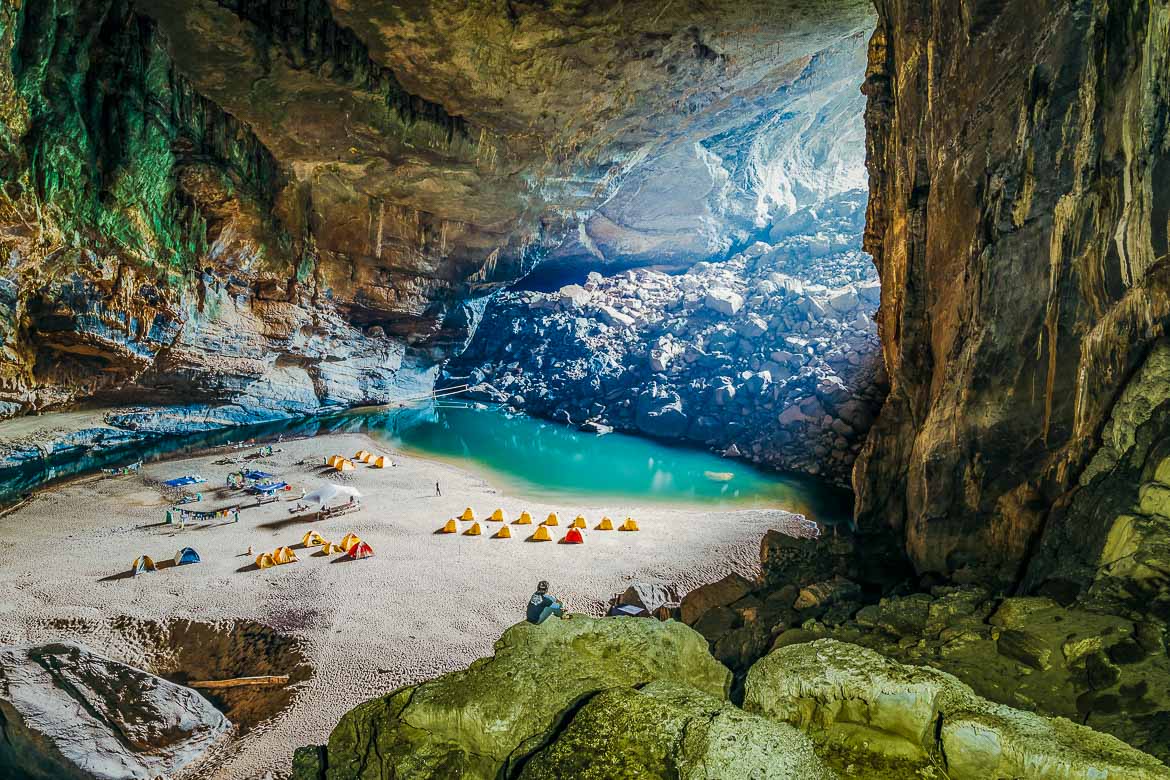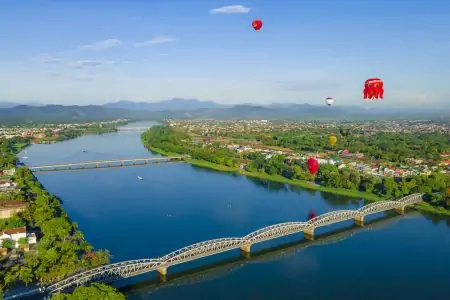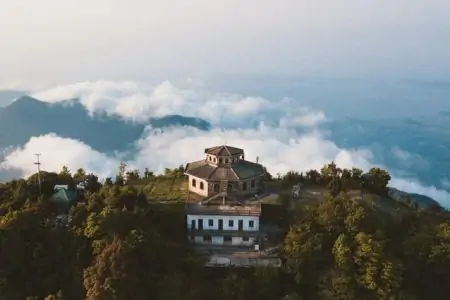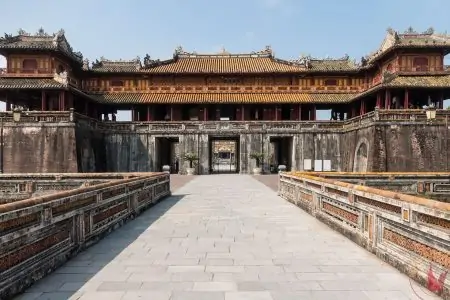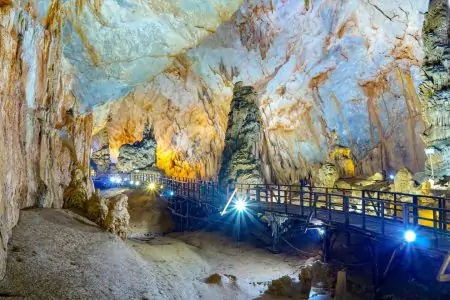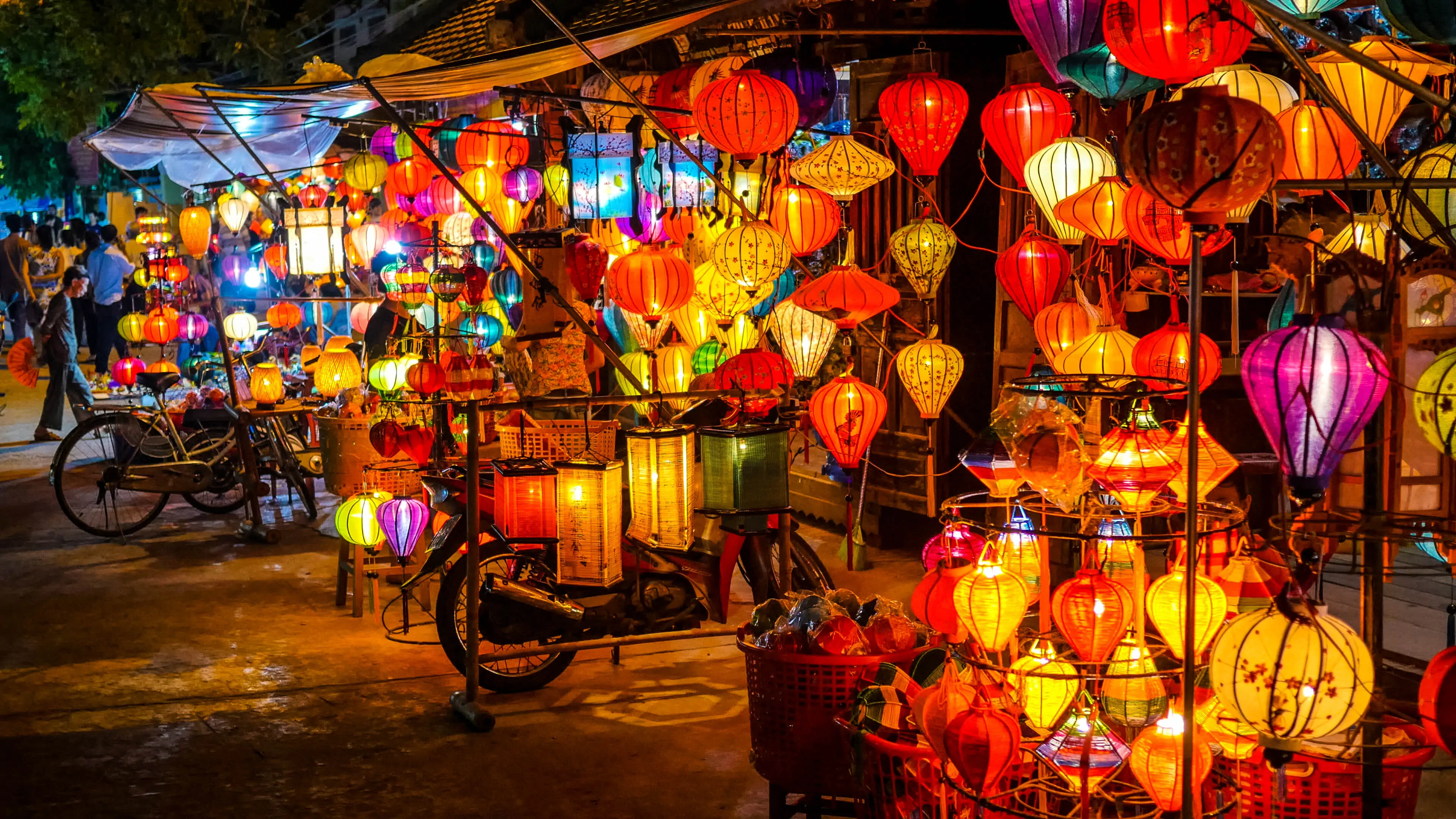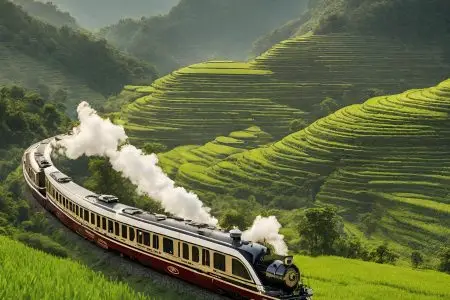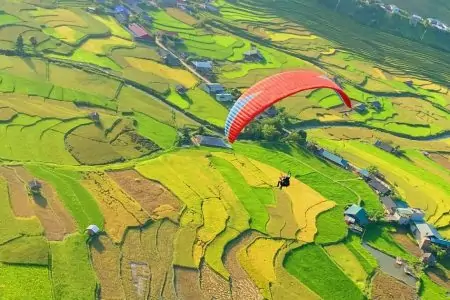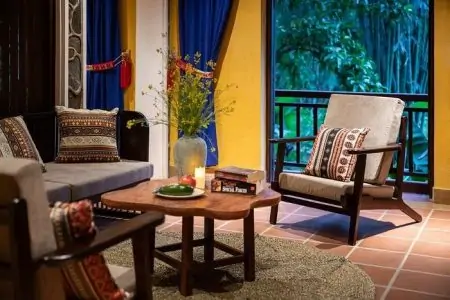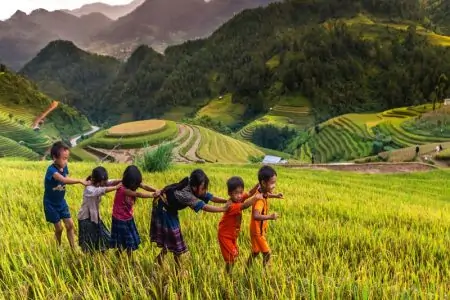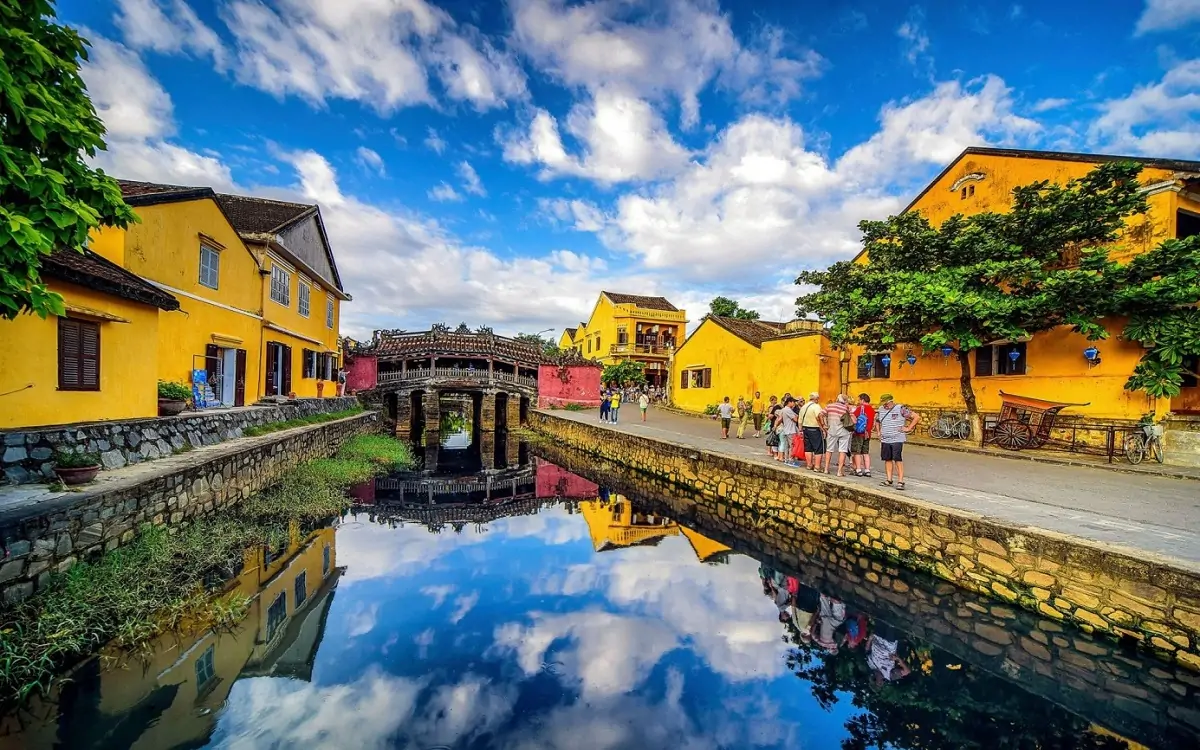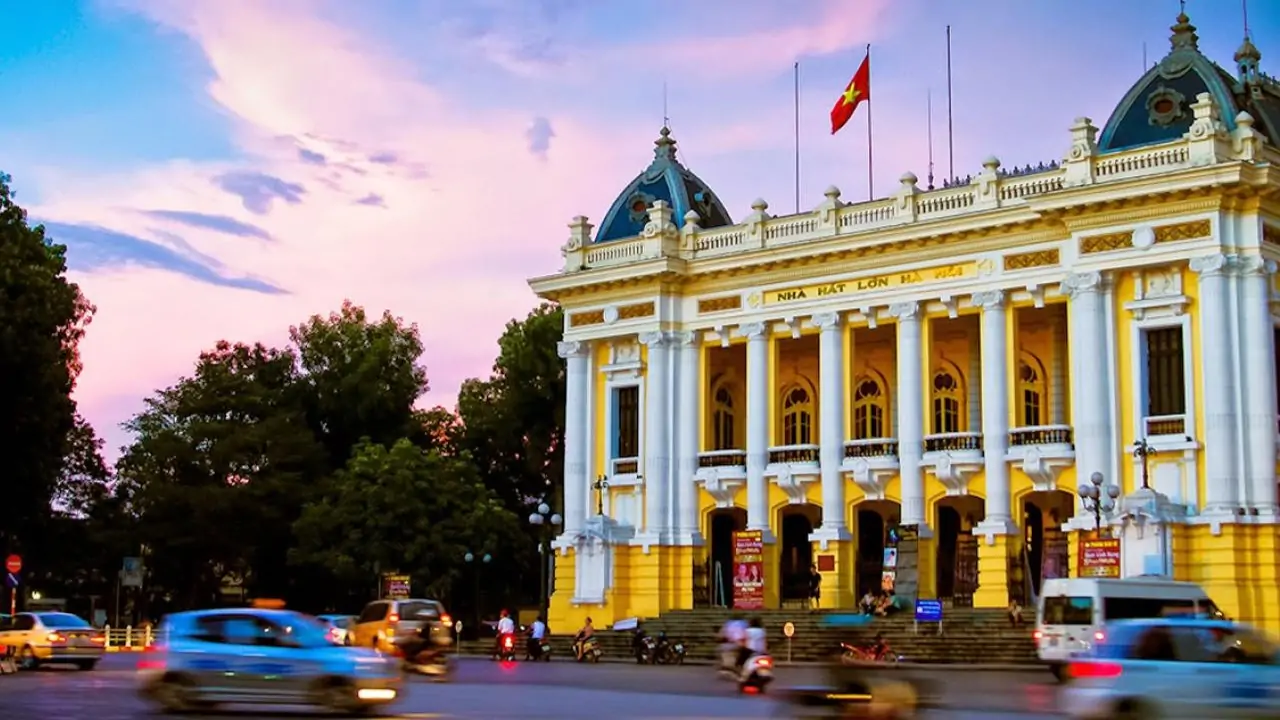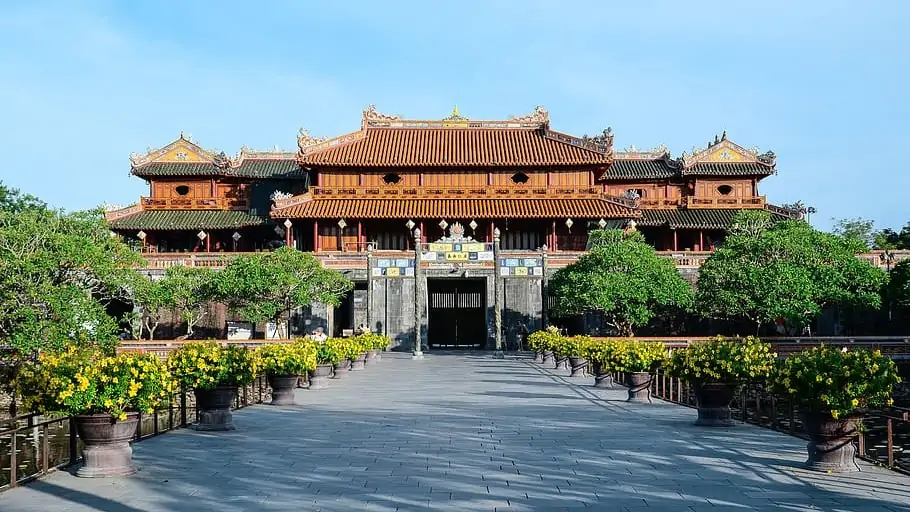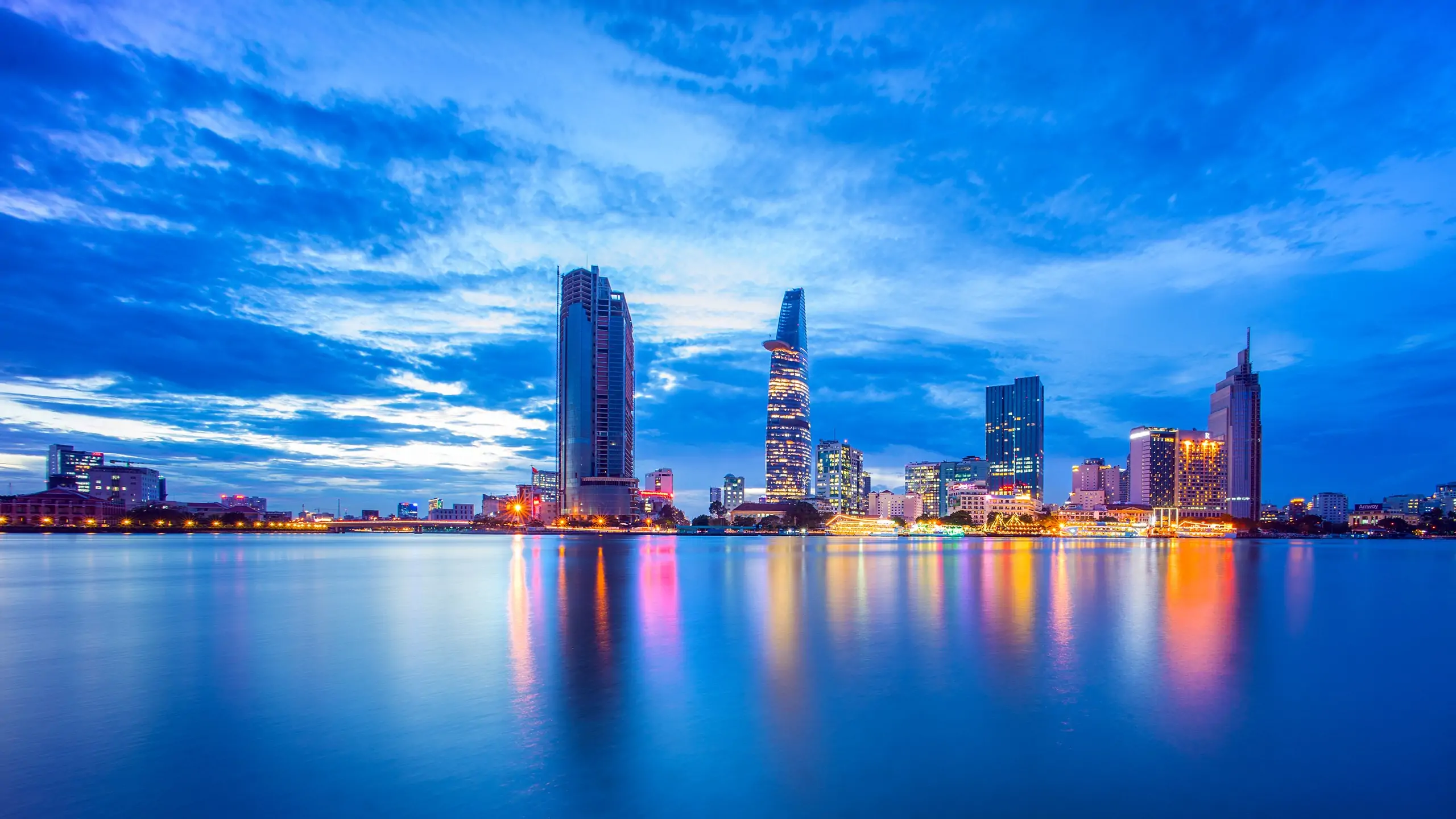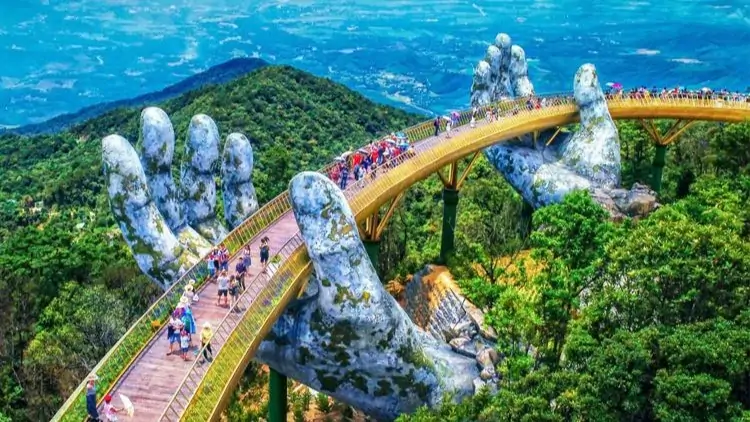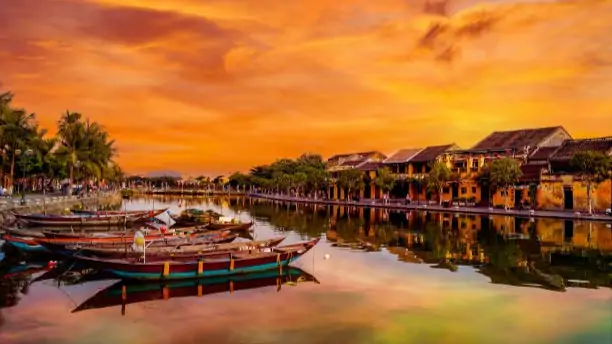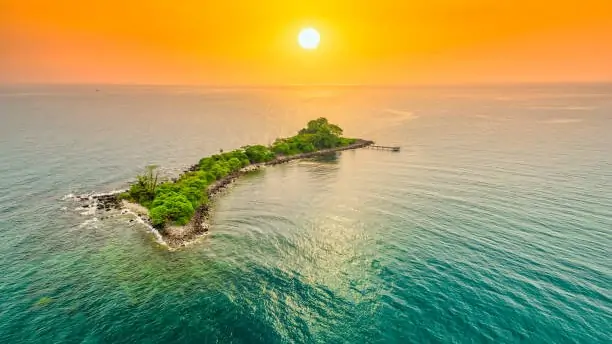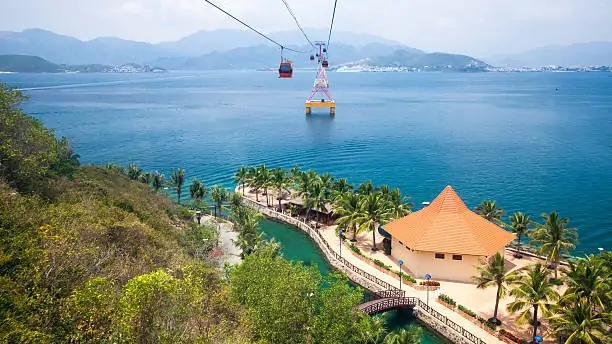Hoi An ancient town is located on main roads close to the river, such as Bach Dang, Nguyen Thai Hoc, Phan Chau Trinh, Tran Hung Dao, Tran Phu, Le Loi streets, Minh Anh Ward, Hoi An City, Quang Nam Province.
Hoi An is something of a rarity in Vietnam as it managed to escape most of the bombing that razed many other cities to the ground during the Vietnam War.
This means that the beautiful buildings here were spared, and so you will still find some gorgeous architecture here in the Old Town, which makes it the perfect place to go for a walk and take in all the sights.
The Old Town has now been declared a UNESCO World Heritage Site and is said to date back some 2,000 years.
- Visiting the assembly hall and ancient house
Visit the Phuc Kien Assembly Hall
Address: 46 Tran Phu street, Minh Anh ward, Hoi An city, Quang Nam province.
One of the most opulent buildings in Hoi An is the Fujian Assembly Hall which dates from the 17th century. This was built by the Fujian Chinese community in Hoi An and is considered a sacred space.
The main hall here is covered in carved figures that feature around a gateway that is etched with carvings of mythical Chinese creatures. There is also a large courtyard here, and legend has it that if you pray in the Assembly Hall, then you will be lucky when it comes to conceiving children. This is down to the presence of the 12 Midwives which are carved fertility statues that stand on the grounds of the hall.
Tan Ky Family House
Address: 101 Nguyen Thai Hoc, Minh An Ward, Hoi An City, Quang Nam Province
The Tan Ky Family House is one of the most historically significant buildings in Hoi An and is located in the Old Town section of the city. The family home was built in the 18th century and would have belonged to a family of merchants.
The architecture here combines Japanese, Chinese, and traditional Vietnamese design motifs, and you can now take a tour of this amazing property.
Some seven generations of merchants lived in the home, and you will still find their original furniture and memorabilia here, which will give you an idea of how people would have lived in Hoi An in the days of old.
Visit Phung Hung Old House
Address: 4 Nguyen Thi Minh Khai, Minh An Ward, Hoi An City, Quang Nam Province
The house is known for its ornate and colorful entrance hall covered in lanterns and embroidered wall hangings.
There is a pretty balcony with spectacular views and a charming suspended altar.
- Admire the Japanese Covered Bridge
Address: 186 Tran Phu, Minh An Ward, Hoi An City, Quang Nam Province
The Japanese Covered Bridge is located in the center of the city and is also one of its focal points. The bridge spans some 12 meters and is famous for its ornate carvings.
The only covered bridge in the world to house a Buddhist temple was built in the 16th century to symbolize goodwill between Chinese and Japanese merchant communities. Unlike most other buildings in the old town, decorated in flamboyant Chinese and Vietnamese architectural styles, the bridge has retained a distinctively Japanese character, with subdued decorations and references to Japanese history.
- Enjoy a traditional Hoi An water puppet show
A great way to get under the skin of local culture, this re-creation of Vietnamese traditional village tales through the medium of puppets who seem to float on the water is a delight for all ages. An English-language narration helps you keep up with the light-hearted storylines. Make sure to pre-book – these hour-long shows (made up of several mini-tales) are deservedly popular.
- Dropping flower garlands on the river
If tourists come to Hoi An on the full moon day of the month (lunar calendar), do not miss participating in the traditional lantern festival on the Hoai River. This is the most beautiful moment that Hoi An owns. When the shimmering lights from the candles flicker from the lanterns floating on the river, it is also the time when they bring people’s thoughts and sorrows along with the flowing water.
- Discovering the old-town cuisine
Hoi An cuisine is extremely rich and diverse, with a distinct Central Coast flavor. When visiting Hoi An, you should try white rose cake and Cao Lau.
White rose cake is also known as dumplings or cauldron cake. Small cakes like white roses are dotted with green of vegetables, a little red and pink chili, and a little golden fried onion.
Cao Lau Hoi An: A dish associated with Hoi An has a strange name and a unique taste. Cao Lau is a noodle dish made from flour mixed with the ashes of Melaleuca firewood, so the noodles are bright yellow, big, and soft. The soft noodles combined with shrimp, pork, char siu, and raw vegetables have created a typical Cao Lau dish only available in Hoi An.
- Participating in Folk games
Coming to Hoi An and participating in folk games is a great experience you should not miss on your travel itinerary.
Usually, folk games are held in the evening at the beginning of Nguyen Thai Hoc Street or Kazik Park, Bach Dang Street, or an empty lot area right on the banks of the Hoai River (near Hoi An Bridge Pagoda). Visitors can join in the fun atmosphere of folk games in Hoi An, such as Bai Choi, roundabout beating, blindfolded pot beating, et cetera.
- Visiting Cham Island Hoi An
In 2009, the Cham island cluster was recognized by UNESCO as one of the few biosphere reserves in the world. Cham Island is endowed by nature with majestic sapphire blue beaches such as Bai Xep beach, Ong beach, and Bai Huong beach, with nearly 950 marine species.
- Exploring Bay Mau Coconut Forest
Another best thing to do in Hoi An is to explore the wilderness in Bay Mau Coconut Forest. Known as the “Southwestern region in the heart of Hoi An,” Bay Mau Coconut Forest is situated about 3 kilometers to the south of the center of Hoi An Ancient Town.
Coming here, you can have a relaxing journey on a basket boat floating up and down the river under the lush tree canopy. If you are more of a daredevil, you can always join the thrilling basket boat dance performance by the skillful boatmen.
